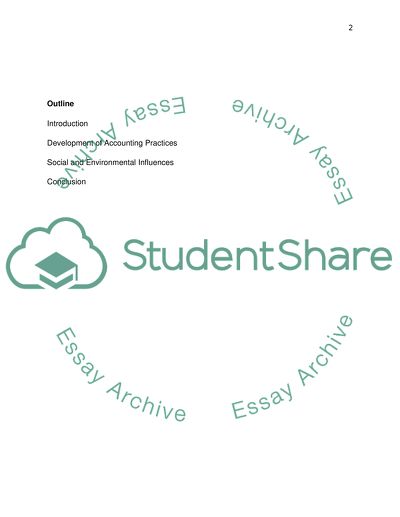Cite this document
(“International Financial Accounting and Social and Environmental Theory Essay”, n.d.)
International Financial Accounting and Social and Environmental Theory Essay. Retrieved from https://studentshare.org/finance-accounting/1436819-international-financial-accounting-and-theory
International Financial Accounting and Social and Environmental Theory Essay. Retrieved from https://studentshare.org/finance-accounting/1436819-international-financial-accounting-and-theory
(International Financial Accounting and Social and Environmental Theory Essay)
International Financial Accounting and Social and Environmental Theory Essay. https://studentshare.org/finance-accounting/1436819-international-financial-accounting-and-theory.
International Financial Accounting and Social and Environmental Theory Essay. https://studentshare.org/finance-accounting/1436819-international-financial-accounting-and-theory.
“International Financial Accounting and Social and Environmental Theory Essay”, n.d. https://studentshare.org/finance-accounting/1436819-international-financial-accounting-and-theory.


